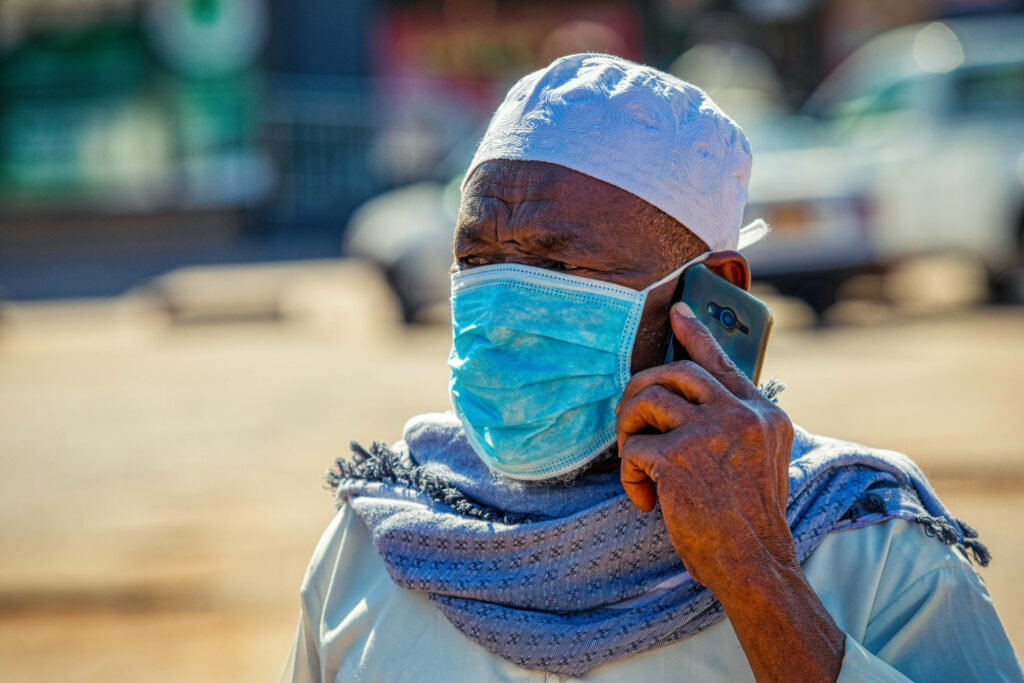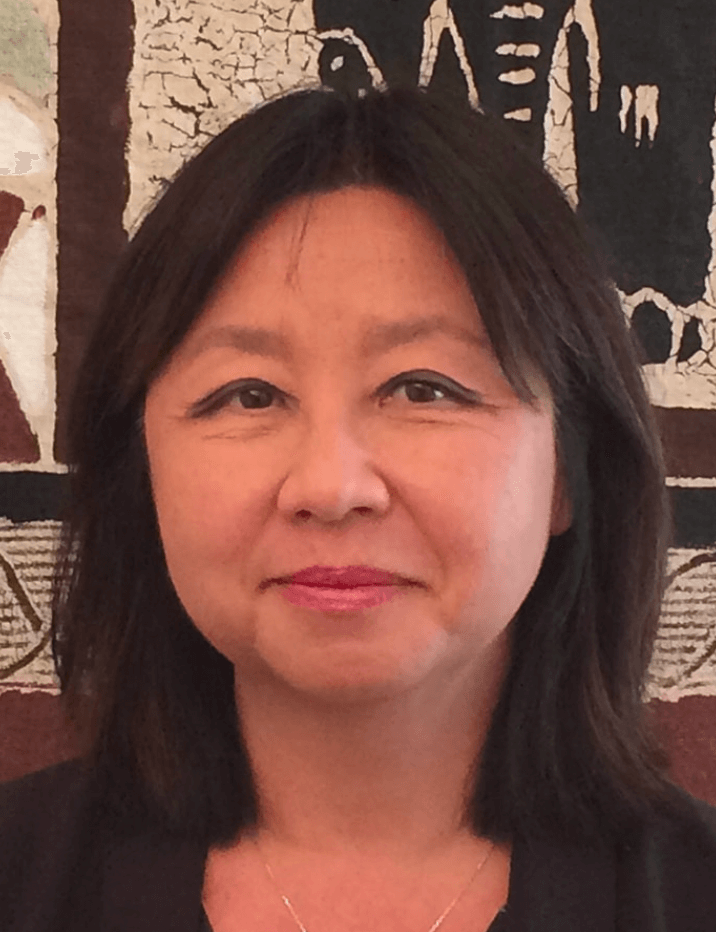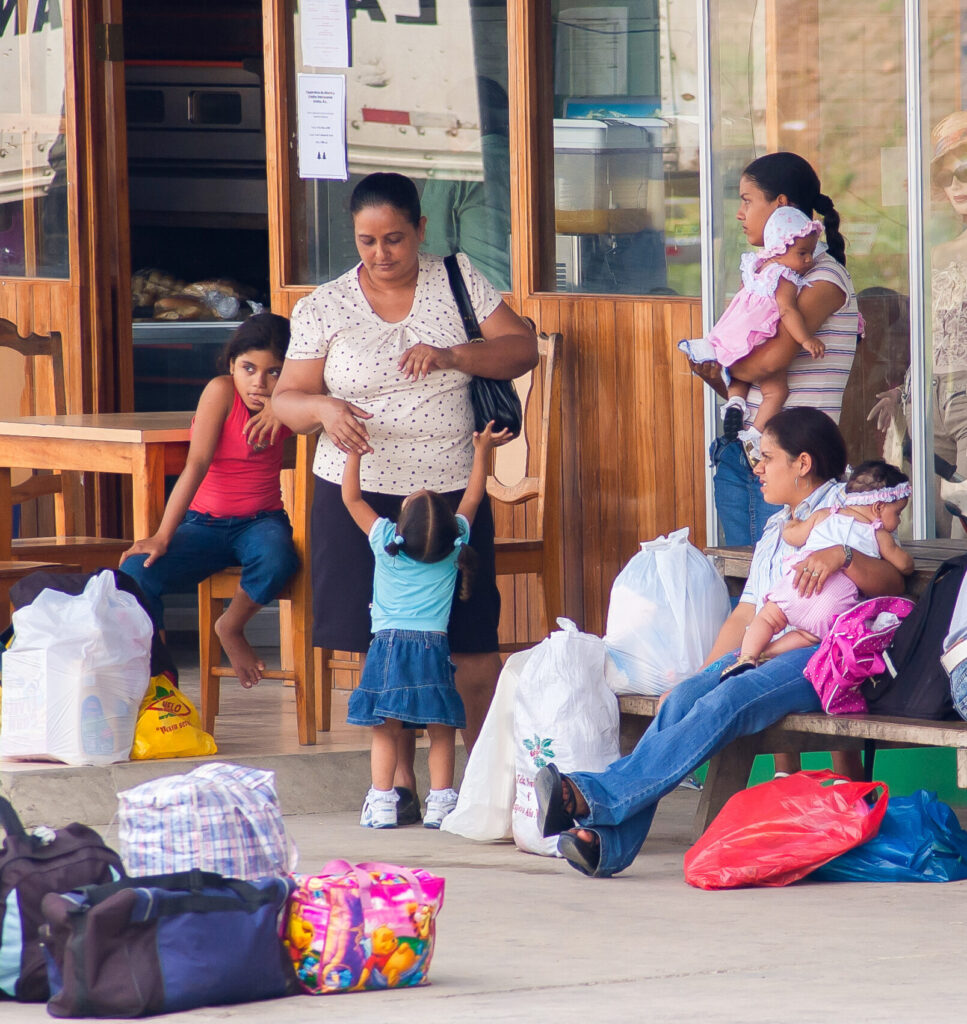
About two dozen leaders of inclusive finance organizations, impact investors, and analysts from around the world convened recently at a workshop hosted by Lehigh University’s Martindale Center to share views on how financial inclusion interacted with the socio-economic crises of the COVID-19 pandemic. The event built on the success of a previous similar workshop that resulted in the publication of The Future of Microfinance by Brookings Institution Press in 2020.
Participants included practitioners working, building, promoting, advocating, and leading commercial financial inclusion providers in Africa from a private sector perspective. As such, they are close to the reality of the people they are serving or invest in and their insights are anchored in the on-the-ground dynamics of the African market in the wake of COVID. Here is what they are telling us.
Impact of COVID on African MFIs, Banks, and Clients
Ongoing crises in Africa are not uniquely due to COVID-19, but rather are a conjunction of many crises during the last several years.
The CEOs of leading African inclusive financial services organizations participating at the Lehigh workshop uniformly agreed that ongoing crises in Africa are not uniquely due to COVID-19, but rather are a conjunction of many crises during the last several years. COVID, in fact, did not affect the continent much health-wise; instead, the impact came more from restrictions on domestic and cross-border mobility, which caused substantial economic downturns, especially in countries and regions dependent on imports and exports. At the same time, climate change effects such as droughts, floods, and ruined crops have created substantial threats to food security and increased social unrest in many parts of Africa. Compounding the turmoil, security crises fueled by terrorism, refugees, and displaced populations (millions in the Sahelian countries) have also significantly destabilized Sub-Saharan Africa.
Aiming to alleviate rapid deterioration in household financial positions during the pandemic, governments and central banks across Africa issued loan repayment moratoriums, which squeezed lenders’ liquidity, including mainstream commercial banks but especially microfinance institutions (MFIs). Nevertheless, even though the rate of late or restructured loan repayments from clients—the credit risk ratio—increased everywhere, debt write-offs among African MFIs have not been as bad as feared. Overall, the sector has shown substantial resilience in Africa, although the situation remains tenuous; “seriously fragilized” is how one CEO at the workshop described it.
As for impacts on MFI clients, a stark distinction is apparent between urban and rural settings. Urban clients have suffered most due to lockdowns affecting micro and small enterprises. Many rural clients, by contrast, fell back into an agricultural self-subsistence economy during a season or two, as there were no markets to sell to. Low-income households in both settings saved as much as they could during the pandemic and reduced spending. Workshop participants at Lehigh uniformly agreed that African MFIs’ clients, especially the most vulnerable ones, were—perhaps more than ever—remarkably resilient and able to cope.
Crisis Begets Opportunities
As is often true in times of crises, opportunities appear. Workshop participants pointed out that in Africa, new opportunities for MFIs and lower-income clients came directly from constraints dictated by lockdowns. Logistical barriers hindered possibilities for exporting goods, including agricultural products, and for importing things like fertilizer and animal feed. Trade in services plummeted as people stopped moving and spending, and tourism collapsed in countries like Kenya where incomes are especially dependent on spending by tourists.
However, from these difficulties, layered on top of effects from climate change, new behaviors are emerging in various parts of Africa. Some farmers have decided to shift to organic production practices like agroecology and raising chicken and pigs using only farm-produced feed and farm waste, saving on expensive imported inputs. Similarly, farmers unable to export have increased selling locally in neighboring towns, expanded direct selling along major roads, or began selling door-to-door where possible. Others are leveraging digital approaches, including e-commerce platforms, social media, and mobile payments. In short, because of COVID restrictions, many farmers in Africa adopted organic, sustainable, and digital agriculture practices.
Because of COVID restrictions, many farmers in Africa adopted organic, sustainable, and digital agriculture practices.
Many people in Africa also changed their consumption habits, switching to local producers for vegetables, meats, and other staples. Circular economy trends appeared in a wide range of sectors – including agri-food, textiles, fashion, electronics – and also in packaging. Consumers are also moving towards sustainable brands, thanks both to heightened awareness of climate effects and to experiences in lockdowns. Surprisingly, the African response to COVID has been to adopt more sustainable norms and practices in agriculture and consumption – a fascinating resilience outcome.
Another substantial trend evident in these times of security crises and risks is high rates of youth entrepreneurship. This is occurring across the social spectrum –among youth from both rural and urban communities, as well as those with diplomas and those who did not finish school. Youth are choosing not to migrate and instead are staying put and creating non-traditional businesses and entering new types of apprenticeships, such as small enterprises in agriculture transforming crops or raw materials, and in green economy enterprises such as renewable energy, recycling, utilizing waste, or addressing pollution. This trend is strongly supported by national and local governments, as well as by civil society and corporate social responsibility initiatives, which are promoting and funding incubators and seed capital investments, as well as—in collaboration with MFIs and banks—credit guarantee mechanisms, all aimed at fostering the startup and scaling phases of the young enterprises of Africa’s increasingly entrepreneurial youth.
Africa has the world’s largest population share of youth and the potential is enormous. Often discussed, enhancing youth entrepreneurship has unfortunately seemed a somewhat quixotic policy quest for decades in Africa. But remarkably, the consensus at the Lehigh workshop was that this time the initiatives seem to be working and helping fulfill the aspirations of many young people to be autonomous and contribute to their communities and local economies. Additionally, many African women entrepreneurs have proven to be very resilient and are growing their businesses due to COVID.
Acceleration of Digital Inclusive Finance in Response to COVID
The digital revolution in inclusive financial services is unquestionably progressing quickly throughout Africa in the wake of COVID, including West and Francophone Africa and rural areas that have been neglected until recently.
While financial access in Africa remains low, mobile penetration is high, exceeding 90 percent. Due to COVID restrictions on mobility, mobile phones have been indispensable not only for communication but also for domestic and international remittances. Facing limited access to markets coupled with security risks in using cash for transactions, farmers, cooperatives, and food processing companies accelerated their embrace of digital marketplace platforms. Survey evidence suggests that most African micro and small enterprises did too which improved their financial resilience. Banks and MFIs throughout Africa also are going digital and embracing “bank to wallet, and wallet to bank” transactions and agency banking. Many banks and MFIs are teaming up to deliver financial services jointly or as agents to deepen outreach to clients and improve cost efficiency – for example by reducing the need to operate separate branches everywhere. Governments have also gone more digital by ramping up mobile money transfers from social protection programs during COVID.
Moving beyond financial services, agricultural value chains are rapidly leveraging the high mobile penetration by also digitizing delivery services, distribution channels, electronic learning, and messaging at scale to reach out to remote populations (e.g., for health, financial education, agricultural practices, prices, weather warnings), enhancing inclusion and informed decision making.
Financial Inclusion’s Green Future in Africa
The African MFI leaders at the workshop reflected on how their clients fared through the pandemic and other recent crises. Uniformly, they agreed clients responded with resilience, innovative abilities to adapt, and incredible capacities to seize opportunities to not just recover but even advance. As such, African MFIs must follow the dynamics of their clients and deliver products and services that fit customers’ new needs. Client centricity is essential to meet client needs but is also a key element of client protection in light of heightened risks for digital finance consumers.
Financial institutions also need to better understand the market intricacies and client opportunities in the green (micro)economy and develop financial products accordingly, partnering with those who can deliver services and technical advice to assist the transformation. Working towards an ecosystem approach to deliver green inclusive financial services in an efficient, secured, synergetic, and sustainable manner will be the way forward.
Working towards an ecosystem approach to deliver green inclusive financial services in an efficient, secured, synergetic, and sustainable manner will be the way forward.
Green inclusive finance ecosystem platforms will surely develop in Africa. However for that to happen, the impact investing sector and climate finance will need to collaborate, which would be a giant step forward as the two sectors have largely ignored the other for the last decade. Impact investors will need to learn how to invest in the green microeconomy as a mainstream target. In parallel, climate finance—so far largely directed elsewhere—will have to understand that unless communities, especially the most vulnerable among them, benefit significantly from environmental rehabilitation, preservation, and protection of biodiversity, sustainable development is not possible.
In Africa, impact investment remains an emerging sector, focused—rightly so—on financial inclusion and agriculture. Climate finance and green inclusive finance are at infant stages. Supporting, from the funding side, post-COVID initiatives from youth and local communities in climate adaptation, will be the next challenge and opportunity for Africa. And inclusive finance stakeholders should play significant roles in close partnership with others in that ecosystem.
The African inclusive finance leaders at the Lehigh workshop collectively sent a very positive and energetic message to their peers. During these crisis times, clients in Africa have shown high levels of resilience and of capacity to overcome. They have developed innovative strategies in the green economy. Financial institutions should accompany them by being client centric in product and service development, in using digital delivery channels, and in working as a collaborative ecosystem to manage new digital risks and protect customers. Africa is a vulnerable continent in the face of climate change, but it can be the most resilient one if we act together.
The authors were panelists at the Lehigh University workshop and this note is the result of workshop discussions and subsequent analysis. Participating leaders from African MFIs included Anne Marie Chidzero, Chief Investment Officer at FSD Africa Investements, Kimanthi Mutua, founder of KREP, the first microfinance institution in Africa to be transformed into a full-fledged commercial bank, now named SIDIAN Bank where Kimanthi has been CEO and remains a board member, and Pierrette Kouakou, Managing Director of FIN’ELLE in Cote D’Ivoire. Views expressed are the authors’ and not necessarily those of other participants.











